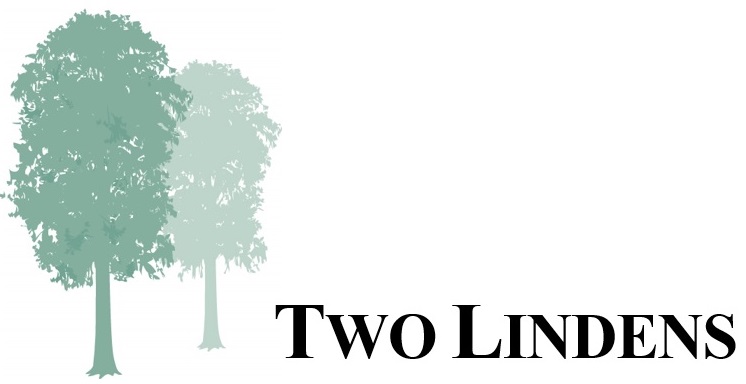In the coaching work I do with business leaders, one of the most common themes is around fear. It usually sits underneath adjectives like “stressed,” “anxious,” or “overwhelmed,” but all of these are some form of fear. It might be fear of failure, fear of being judged, fear of making a mistake, fear of losing control, or fear of what might happen in the future. What unites all fear is an emotional experience that can vary from mild to intense.
However, not all fear is created equal. There are three important types of fear and understanding the differences is key to transforming the role that fear plays in your life:
- Worry – Worry is characterized by “what if” thoughts. Often worry is not grounded in a rational assessment of the situation and, as such, is usually not helpful and often harmful.
- Concern – Concern is driven by an objective evaluation of “what is.” It is proportionate to the circumstances and is useful in guiding appropriate action in order to manage outcomes to avoid the source of concern.
- The Good Fear – The Good Fear is a feeling most people mistake for worry or concern. Understood correctly, the Good Fear is an indicator that we are growing, learning, and stretching ourselves in positive ways. It is the subject of the rest of this article.
To understand the Good Fear and why it is so seldom recognized, we need to understand a bit about human evolutionary biology. Hardwired into our DNA is a “fight or flight” response to fear. Indeed, the caveman who did not have this response to encountering a saber tooth tiger is no longer represented in the gene pool. Evolution favors individuals who react to fear as something negative to be eliminated from the environment in order to stay “safe.” This was (and to a lesser degree still is) a survival mechanism.
Most of us, however, have over generalized this response. We feel fear and we react psychologically and biophysically as if we’re being threatened. Under some circumstances, this is exactly the opposite response to what we most need. For example, suppose that you want to become a keynote speaker. And let’s say that public speaking terrifies you and you don’t think you are very good at it. As you step up to the microphone to speak to your Toastmasters club, your heart is pounding and you can feel yourself sweating. This is the moment you need to see the Good Fear clearly. Rather than thinking, “Oh my God, this is the worst feeling in the world,” you can recognize that this is fear that you have chosen for the right reasons, and you can tell yourself, “Wow! I can really feel the fear. And I’m so excited because this is exactly where I need to be!” That’s the Good Fear.
Another example of the Good Fear involves taking risks. Suppose you bet big on a hand of blackjack and when the cards are dealt you have a perfect hand for “doubling down.” Your big bet just got twice as big. You know it is the right thing to do and the odds are with you, but you can feel the fear and you hesitate. This is the moment to see the Good Fear and, by recognizing it as an indicator or what you want rather than what you don’t want, you can make the right decision.
To operationalize this in your life, consider asking yourself the following questions when you feel fear:
- Is there something good causing this fear? – Look beyond the potential negative consequences to what positive outcome might be possible.
- If so, what is it? – A great keynote speech, a winning blackjack hand, a successful new market expansion, etc.
- What would it look and feel like to step toward that? – Exciting, nervous, etc. Feel the fear, but focus on the upside and what you need to do.
This concept can be life changing. We all navigate our lives relative to our “comfort zone.” Some people tend to stay in their comfort zone more than others. What is clear is that most achievement, growth, fulfillment, and happiness live outside our comfort zones (in our “learning zones”). Fear can drive us back toward our comfort zone. Sometimes this is appropriate. Often it is not. If you can learn to identify the Good Fear and welcome it with the enthusiasm it deserves, you can unlock a potential self that will transform your life.
